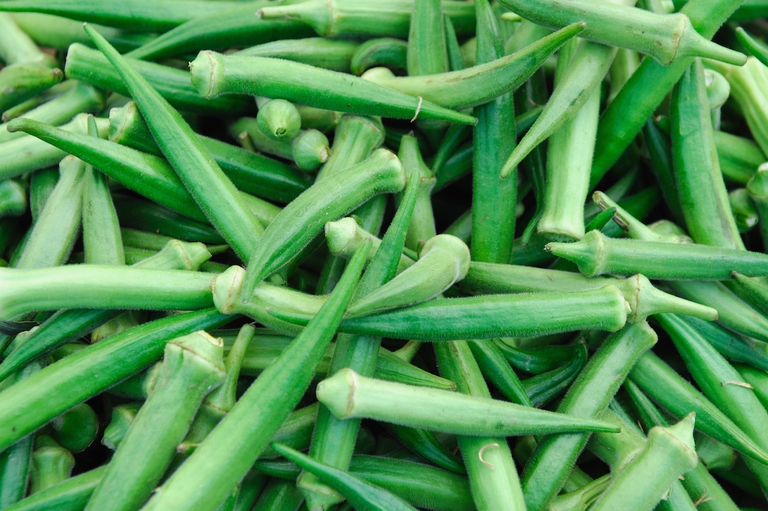
The Louise Michel is the humanitarian rescue ship saving lives in the Mediterranean. Financed by the artist Banksy, it has found a safe port in Sicily.
The Semìno project is a journey of discovery through different countries’ food habits, offering migrants employment opportunities and allowing us to enjoy the properties of vegetables from all over the world.
How can we create decent work opportunities for migrants? By giving them the possibility of growing vegetables that are typically found in their home countries, for example. Especially those crops blessed with many properties that are sought-after in Western markets – like the Italian one – constantly hunting for the next “superfood” with extraordinary nutritional value. This is the goal of Semìno – Alimentare Positivo, a social agricultural project based in the city of Bologna.
The idea was born in 2016 from the meeting between the Bistro Vetro kitchen brigade and Giardini Margherita Greenhouses community garden, a regenerated space managed by Kilowatt, which researches and develops crop species as well as offering training and incubating startups. One day Farouk, a sous-chef from Bangladesh, asked if he could try and grow some of the vegetables typical of his homeland, whose seeds he keeps and that are difficult to find in Italy.
Read more: Urban forests, cities’ answer to climate change (and much more)
His request lay the ground for the actual business project, the cultivation of food varieties used in migrants’ diets; aimed at creating jobs and contributing to the development of an inclusive and open community.
Supported by Local To You and Pictor – respectively a platform that distributes locally-sourced organic products and a social cooperative that manages job placements for vulnerable individuals – Semìno won the 2017 Unicredit Carta E financing tender, aimed at creating socially impactful companies that employ youth.
Rescue-AB, the research centre on urban agriculture and biodiversity at the agrarian science department of the University of Bologna, also joined the project, tasked with the scientific supervision and monitoring of Semìno’s crops. After an initial experimental cultivation (purple potato and Indian spinach that were also added to Vetro’s menu), the species for the second round were selected in the winter of 2018, according to a local, ethical and sustainable production cycle that respects people and the environment.
Semìno’s vegetables can be purchased through Local To You: one of the available products is gombo (that looks like a cross between a courgette and pickle), a low-calorie vegetable that contributes to sugar regulation, rich in vitamins, folic acid, calcium, zinc, potassium and fibres, perfect for providing a rich texture to soups thanks to its gelatinous fluid that acts as a thickening agent. Then there’s daikon with its digestive properties and high Vitamin C, fibre, mineral and beta-carotene content, which can be consumed raw or steamed, cooked in the oven or au gratin. In addition, black-eyed peas are also available: a very ancient variety of legume, rich in proteins and fibres, with a slightly shorter cooking time compared to other types of beans. Finally, there’s turmeric, a spice that has become hugely popular, with its anti-inflammatory and antioxidant properties.
Siamo anche su WhatsApp. Segui il canale ufficiale LifeGate per restare aggiornata, aggiornato sulle ultime notizie e sulle nostre attività.
![]()
Quest'opera è distribuita con Licenza Creative Commons Attribuzione - Non commerciale - Non opere derivate 4.0 Internazionale.
The Louise Michel is the humanitarian rescue ship saving lives in the Mediterranean. Financed by the artist Banksy, it has found a safe port in Sicily.
Venezuelan refugees are vulnerable to the worsening outbreak in South America: while coronavirus doesn’t discriminate, it does affect some people more than others.
In the midst of India’s coronavirus lockdown, two dozen people lost their lives in a desperate bid to return home: migrant labourers forced to leave the cities where they worked once starvation began knocking at their doors.
Behrouz Boochani returned to being a free man during the course of this interview. The Kurdish writer was imprisoned by the Australian government in Papua New Guinea for six years.
The Global Compact for Safe, Orderly and Regular Migration was signed by 164 nations in Marrakech. This is what the non-binding agreement that encourages international cooperation stipulates.
The winners of the World Press Photo 2019 tell the stories of migrants in the Americas. From the iconic image of a girl crying on the border between Mexico and the United States to the thousands of people walking from Honduras towards a better life.
The World Forum on Urban Forests took place from the 28th of November to the first of December. More than 400 experts from 50 countries conversed with politicians, journalists and citizens to design the green cities of the future.
Introducing plants into buildings to absorb CO2, eliminating indoor pollution and improving your mood. This is green architecture.
A few of the best ideas for rooftop farms from around the world. Where farm-to-table agriculture is becoming a key components of urban growth.










